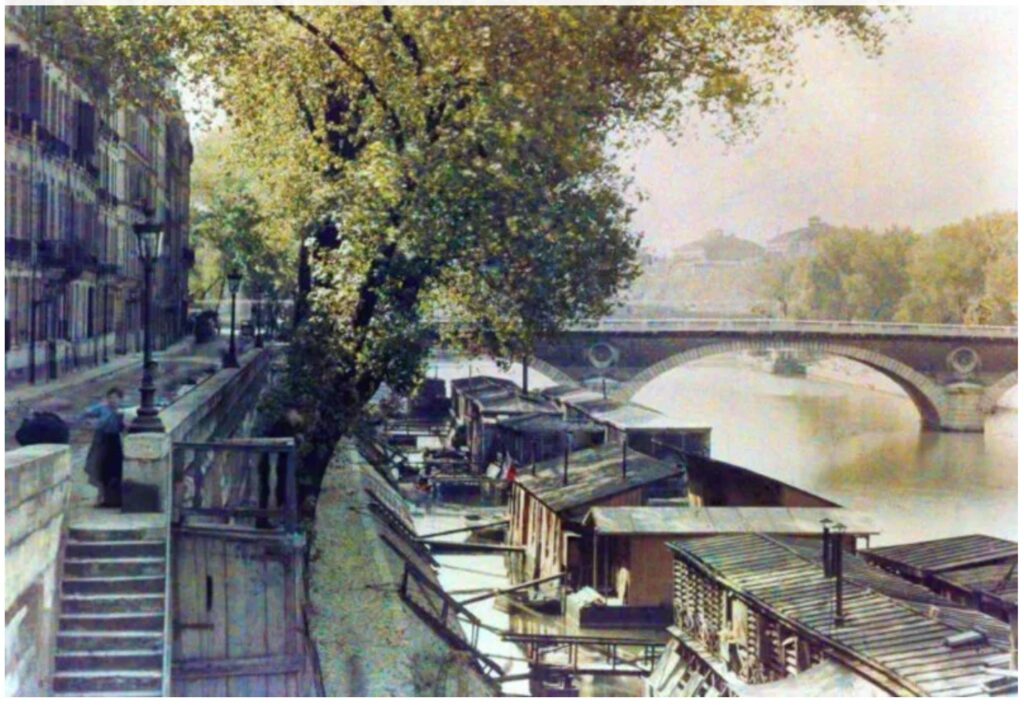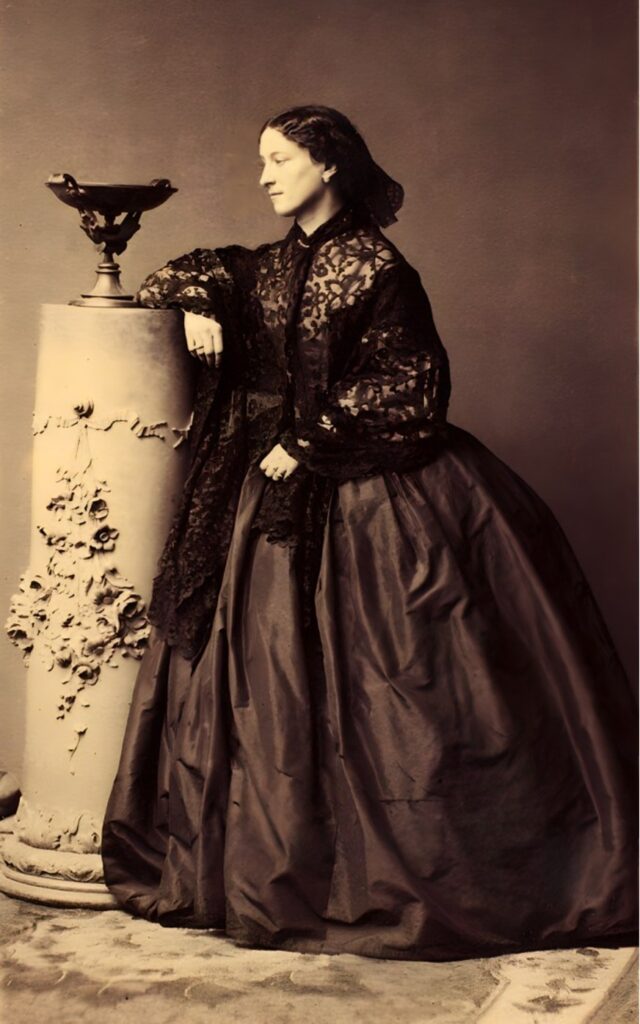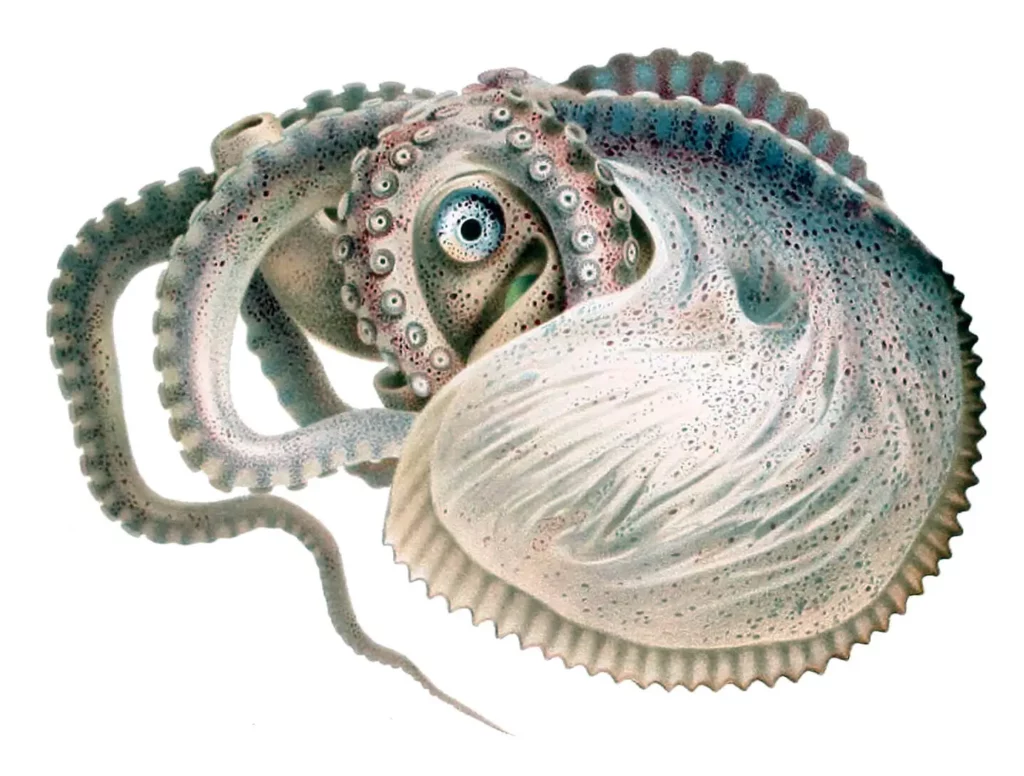May 26th 2023
Vita is going to Paris in the next adventure. This is giving me lots of excuses to trawl the internet for images of turn of the (20th) century Paris. What a delight! Great Exhibition! Eiffel Tower! I’ll stop now, or the book will never be finished, but here are a couple I found.
She travels, of course, by boat train. I loved this poster, particularly as the lady on the gangplank looks distinctly nervous!


1st March 2023
Pioneering woman scientist of the week is the wonderful Jeanne Villepreux-Power, who studied the wildlife of Sicily, and in particular made groundbreaking discoveries about Argonauta argo, the shell-dwelling octopus.
She was French, born in 1794 in rural France, but left her home village to walk to Paris when she was 18. Her ambition was to become a dressmaker in the capital. It was a difficult journey because her cousin, who was supposed to protect her, attacked her instead, and stole her identity papers. Once these were replaced, she made it to Paris, but the job she had been hoping for was gone. She still managed to find work, and became such a renowned embroiderer that she was commissioned to work on the wedding gown of Princess Caroline to Louis XVIII’s nephew in 1816.
Soon after, Jeanne married James Power, a merchant, and went to live with him in Sicily, where she became fascinated with the wildlife, and began to educate herself by reading widely about archeology, natural history and geology. She set out to catalogue all she observed in a guide to the natural history of Sicily (published in 1842). Over time, it was the strange Argonaut octopus that caught her attention most of all, and she set about observing the mysterious animals in the sea, rowing out to watch them as they stretched their limbs from their delicate protective shells.
Eventually, she constructed several kinds of aquaria in order to observe the details of the argonaut’s egg-laying and shell-building behaviour, and made many illustrations and written observations which added significantly to the scientific understanding of the species.
Her work was recognised by the Zoological Society of London, and she corresponded with many learned societies around the world, but as a woman, was not able to present her papers in person. Many of her notes were lost in a shipwreck when she left Sicily.
(I took this information from an article in The Marginalian, and Jeanne Villepreux-Power’s Wikipedia entry. I’d love to read a biography, but nobody has written one yet. She has been remembered, however, by having a crater on Venus named after her in 1997.)


